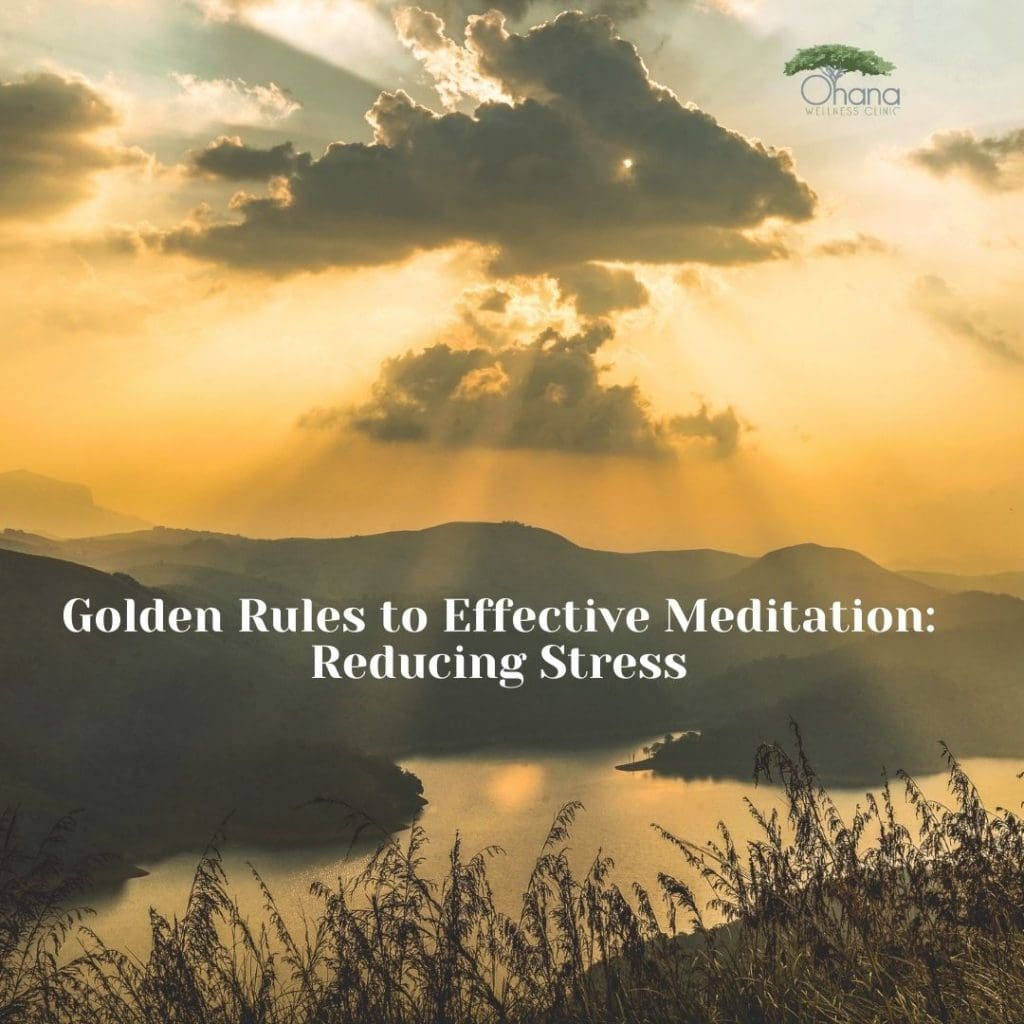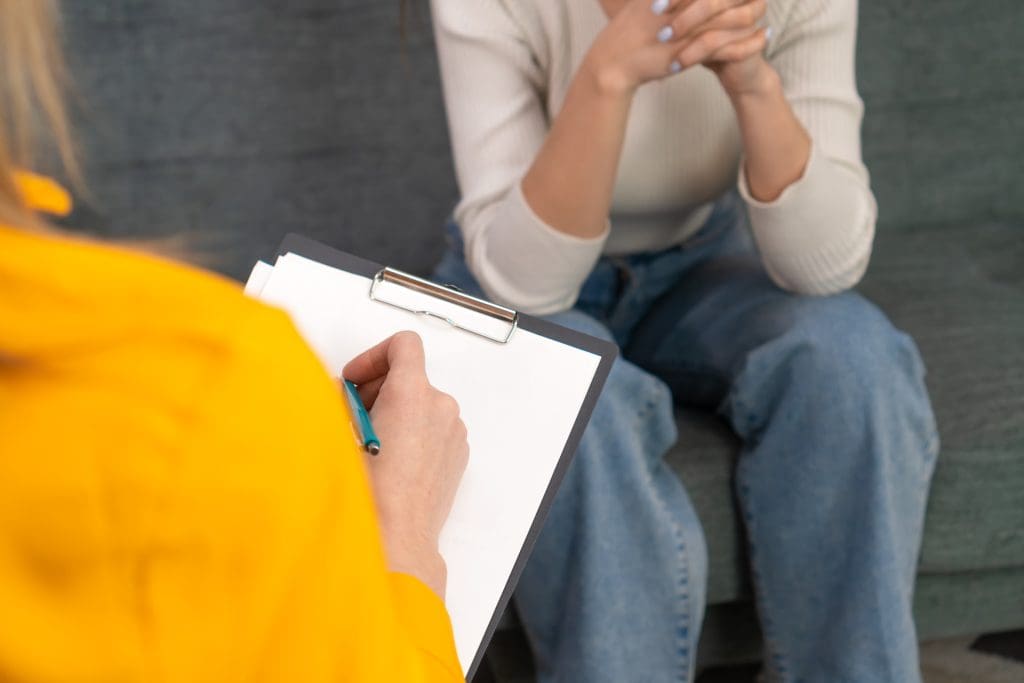December 29th, 2021
The Golden Rules to Effective Meditation
Child Therapy

“The Golden Rules to Effective Meditation: Reducing Stress”
Over the last two years we have learned more than ever how important, but often neglected, our mental health really is. Stress is a huge factor many of us often know too well and often times, contributes to harmful effects on our overall wellbeing and daily life. In order to practice meditation and get the most out of your experience all while keeping stress at bay, we must learn the key elements of meditation. Often times we can get lost on where to start and not fully know how to ‘trust the journey’. It’s important to remember that wherever you are in the process, you have the power to create a life you love, by giving yourself that extra TLC. You deserve to be a priority!
Meditation
Here we have emphasized the three components that you should treat as the “Golden Rules” to making meditation as effective as possible! In presenting these tips, the goal is that you utilize them in the best way YOU can. The way you implement these strategies will be different than someone else. Be mindful that your processes is solely yours.
1. Consistency:
Many of you have probably heard the phrase “consistency is key” and with meditation…it really is. Meditation is often a quite steady, but extremely rewarding, process. Just 20 minutes a day can dramatically change the biochemistry in your brain. This helps you reframe stressful events in your life. Its extremely important to make the time for it, it may not seem to be helping much at first, but after all, Rome wasn’t built in a day! Don’t give up, hard work pays off and the results of your overall wellbeing, mentally, physically and emotionally, will make the whole process worth continuing longterm.
2. Being Fully Present:
Although this is a common trouble for many when first practicing meditation, it gets easier with time. At first, it will be difficult to escape the stressors of your everyday life and disconnect, fully appreciating your practice. One of the ways you can help yourself stay connected to your session would be ‘setting the environment’. You can do this by finding a quiet place where you have no auditory/ visual distractions, diming the lights, lighting a candle or turning on a diffuser filled with essential oils. We recognize this isn’t feasible for everyone all the time, but do what you can to allow yourself the full experience. A park is a great place to meditate. It can act as a neutral space to disconnect from work or home life.
3. Mindfully Connect in New Ways:
Sometimes this is easier said than done, especially starting a new mindfulness journey and not fully knowing what to expect. Understand that this is your journey and you, and only you, are the leader of where it takes you. Connecting to your practice will look different for everyone. Its important that you stay in-tune with yourself and focus on what thoughts and feelings start to become recognized within yourself. Don’t be afraid to give yourself to the practice, you may be surprised at how much you learn about yourself when you take the opportunity to let go of fear, embarrassment or worry. Connecting in new ways may prompt you to see things from a new perspective. Or encourage you to embark on a new journey. Be accepting of what comes forth and remain mindful throughout.
Mindfulness allows one to be more present and in the moment. Practicing effective meditation contributes to a greater sense of well-being, managing stress and anxiety, and learning out to respond rather than react to situations. This fundamental skill can foster a greater sense of patience and deepening connections with people we are close to.
Many of our Registered Psychotherapists and Registered Social Workers utilize Mindfulness in their practice as an effective tool for counselling. Mindfulness is helpful not only for adults, and couples, but children as well.



